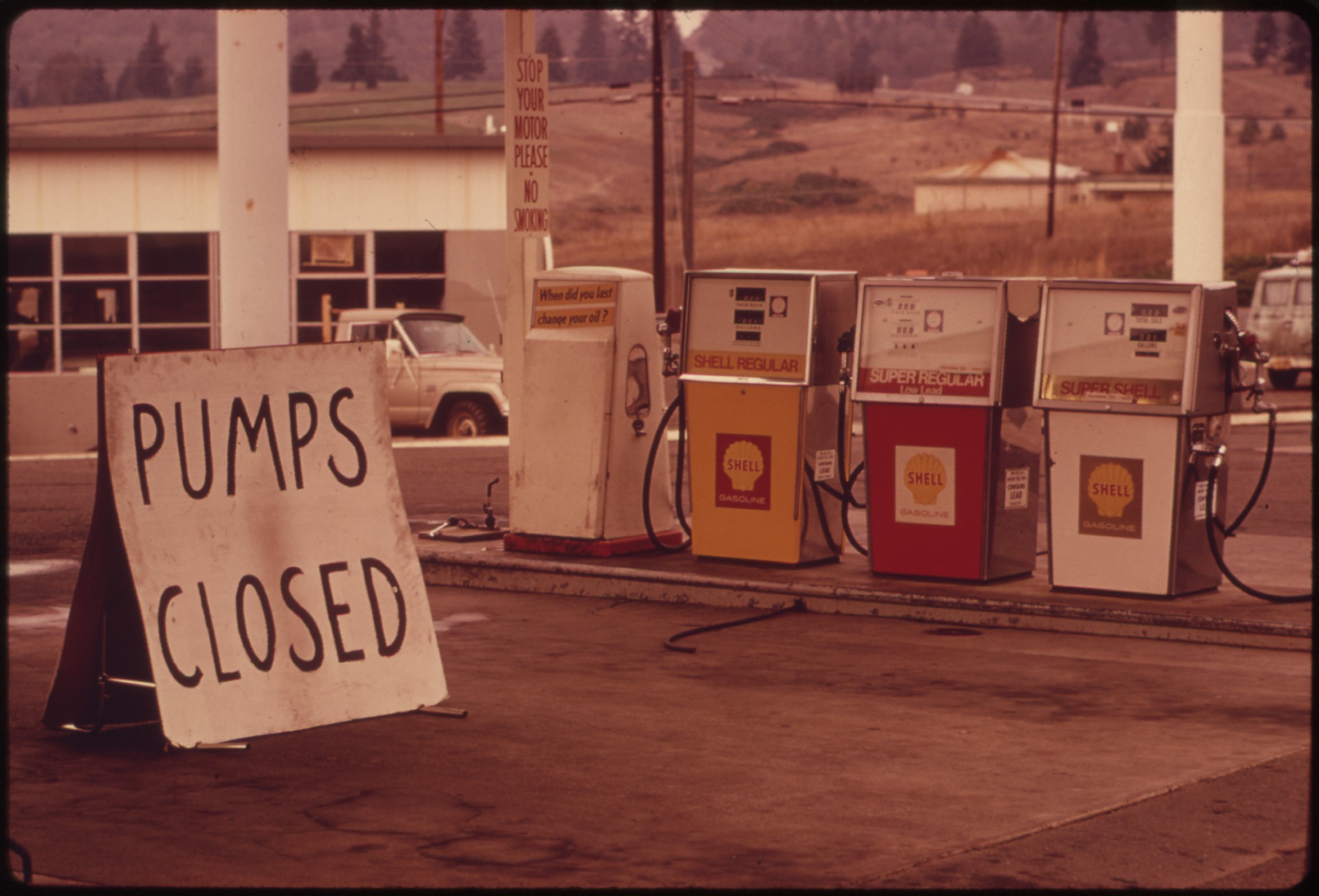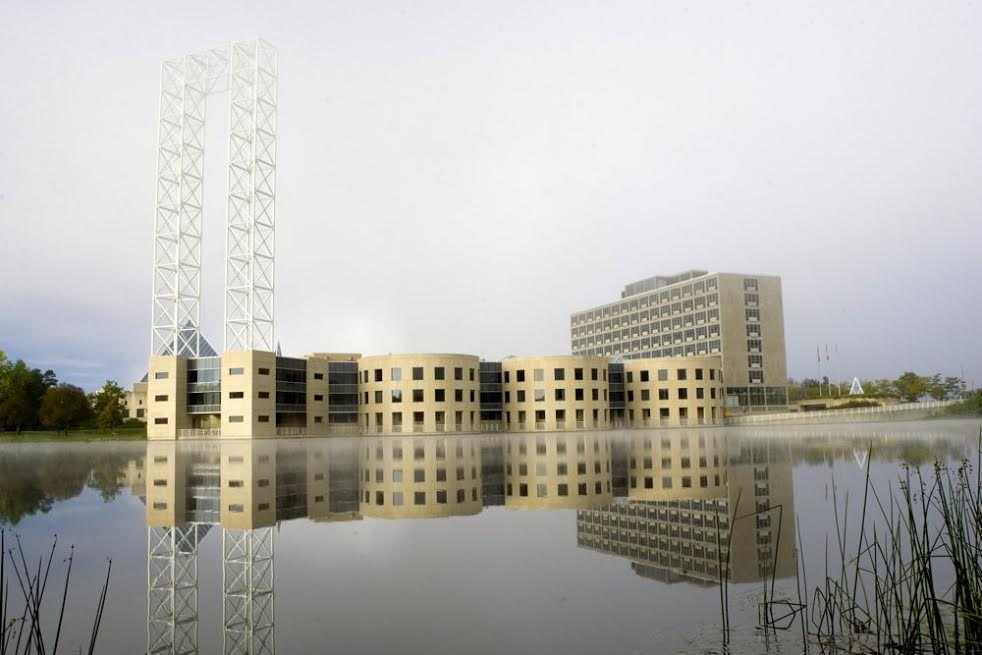The OPEC production freeze deal failed last week as Riyadh-Tehran rivalry politicized the OPEC meeting in Doha. The world’s biggest oil producers tried to reach an agreement that could result in a sustainable recovery in oil prices. Unusually, the meeting was attended by the record number of non-OPEC producers. Some of the largest producers such as Russia and Venezuela who have suffered the most from low oil prices, were particularly adamant to see the deal succeed. The expectation of an accord drove oil prices above $40 per barrel weeks ahead of the Doha meeting. And reaching a deal could mean long-term oil price recovery and reduction of the global market oil glut.
Nonetheless, some key OPEC members still resisted a production freeze. For example, Libya refused to attend the meeting due to the ongoing civil conflict. And Iran declared its intention to increase oil output until it reaches pre-sanctions level and also rejected the meeting invitation.
The Saudi-Iran trade relations have already suffered from the recent tensions that followed the execution of Shia cleric Sheikh Nimr Al-Nimr in January 2016. Iran’s decision to refuse the deal only added to the existing competition. Even before the meeting, Saudi Arabia indicated that it wouldn’t join the deal unless Iran agreed to do the same. As a result, Saudis blocked the deal after Iran’s statement.
The failure of the Doha talks have prompted a quick market response with crude oil prices moving lower. As a result, major oil producers like Russia have expressed their dissatisfaction with the outcome. For example, the Russian oil minister Alexandr Novak expressed Russia’s ‘disappointment’ by the ‘demands of the Gulf states.’ And Venezuela’s Oil Minister Eulogio Del Pino claimed that the US helped ruin the Doha deal. Del Pino said that ‘the US was behind the pressure’ because ‘they have problem with Venezuela, Russia…’
The business world was also taken by surprise. The collapse of the OPEC proposal indicates that Saudi-Iranian geopolitical rivalry is spilling into a new economic dimension. Usually, the Saudi oil policy has been divorced from politics and oil minister Ali Al-Naimi Saudi always took pragmatic position regardless of the Middle East tensions. But it didn’t go as usual this time. Prior to the meeting, the young Deputy Crown Prince Mohammed bin Salman gave an interview to Bloomberg insisting on Iran’s inclusion in the deal. And it seems that Prince Mohammed had the final word. Evidently, Prince Mohammed bin Salman is becoming more influential in Saudi foreign and domestic policies. With his father’s ascent to the throne, Mohammed bin Salman has become Minister of Defense, launched a military campaign in Yemen, and now chairs the Economic Council thus having control over the oil ministry. In fact, in his recent interview, he said that it doesn’t matter whether the price of oil rise or fall. He believes that Saudi Arabia, as the world’s lowest-cost producer, stands to gain from low prices in growing Asian markets.
What could be the reasons behind the politicization of Saudi oil policy? Could it be the result of greater geopolitical confrontation beyond Iran? According to Bloomberg, Saudi Arabia could have used the Doha meeting to force Russia, Iran’s ally, to choose between supporting Iran and high oil prices. However, there could be another explanation. The extension of the Saudi-Iran rivalry to OPEC could be the reflection of deep changes in the attitudes of Saudi’s ruling elites toward the Shia-Sunni conflict which could have deeper implications for the region and the world. It remains to be seen whether the politicization of Saudi oil policy will have a further long-lasting impact on global oil markets and relations between the biggest oil producers.




